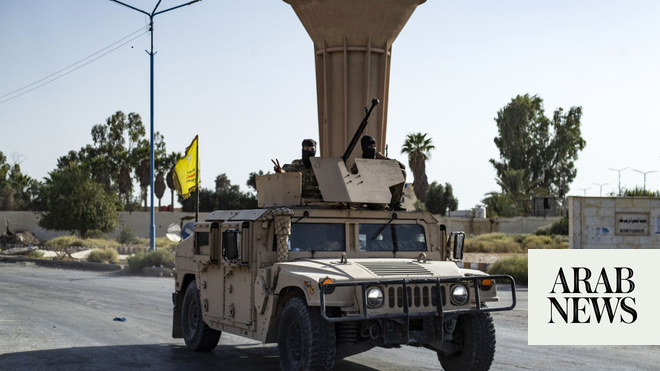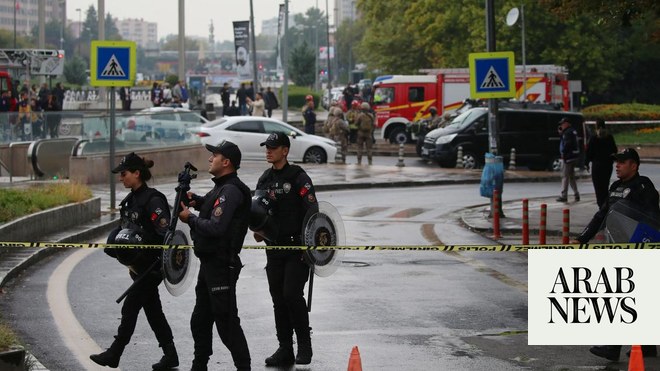
Kurdish fighters represent the backbone of the Syrian Democratic Forces (SDF), which seized on Tuesday control of the city of Raqqa from the ISIS terrorist group after a four-month offensive.
Comprised of Arab and Kurdish fighters, the SDF was formed in October 2015 in order to confront the extremist organization.
Backed by the US, it is considered the international coalition’s key ally in its war against ISIS. Washington has helped the SDF with airstrikes, weapons and expertise, which bolstered its ability to fight the extremists.
According to AFP, the alliance between the SDF and US has sparked major tensions with Ankara, which has not hesitated in the past in targeting the forces.
However, despite the various war fronts, all warring parties share ISIS as their common enemy.
The SDF was formed after US-backed Kurdish units achieved several victories against the extremists, most notably expelling them from the city of Kobane (Ain Arab) and Tal Abyad in 2015.
The advance has however created tensions with opposition factions that have accused the Kurds of forced displacement against Arab residents. It also raised fears in Ankara that the Kurds would seek autonomous rule in territories along the Turkish border.
To counter these tensions, the SDF was formed to include 30,000 fighters, among them 5,000 Arabs. Kurds however assume the command of the forces.
After the US-led coalition launched its first air strikes against ISIS in Syria in September 2014, Washington struggled to find a reliable partner on the ground.
A much-touted $500-million program to build a rebel army to fight ISIS collapsed. The SDF was the next best choice, especially after the Kurds proved to be fierce fighters.
After the SDF was formed, the White House announced the first sustained deployment of US special forces to Syria, reversing a longstanding refusal to put boots on the ground.
Around 50 special operations personnel were deployed in northern Syria, and the number has now grown to around 500 US troops. Senior US commanders and Washingtons envoy to the coalition Brett McGurk have met top SDF chiefs during visits to northern Syria.
Washington said in June it would supply weapons directly to the People’s Protection Units, the main Kurdish backbone of the SDF, despite objections from ally Turkey.
In November 2016, the SDF announced its operation "Wrath of the Euphrates" aimed at ousting ISIS from Raqqa province, including the groups de facto Syrian capital Raqqa.
In the months that followed, the alliance gradually closed in on the city, first sweeping into territory to the north before closing in from the east and west.
In early June, SDF forces entered Raqqa for the first time, penetrating its Old City a month later after airstrikes by the US-led coalition smashed two holes in the ramparts.
By late September, SDF forces had taken control of 90 percent of the city, cornering ISIS fighters in Raqqas stadium, a few surrounding buildings and a major hospital.
On October 17, SDF spokesman Talal Sello told AFP the US-backed fighters finally had "taken full control of Raqqa" from ISIS.












